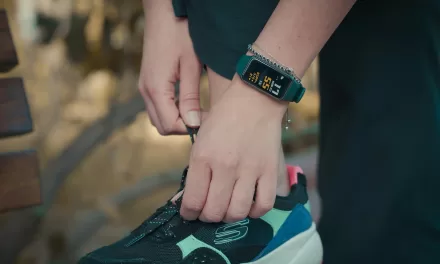Researchers at Vrije Universiteit Brussel (VUB) have unearthed a promising avenue for cancer treatment, highlighting the potential role of the xCT protein in combating pancreatic cancer. Their collaborative effort, spearheaded by neuroscientist Ann Massie and pancreatic cancer expert Ilse Rooman, sheds light on the multifaceted benefits of targeting this protein, offering new insights into cancer therapy.
The xCT protein, pivotal as a transport molecule within cells, has emerged as a focal point in the fight against cancer, as revealed by the recent studies conducted by Massie’s Laboratory of Neuro-Aging & Viro-Immunotherapy and Rooman’s Laboratory for Medical and Molecular Oncology. Their investigations, conducted on mice, demonstrate that manipulating xCT not only curtails tumour growth but also regulates inflammatory responses and uplifts mood.
Through genetic manipulation, researchers eliminated the xCT protein in mice afflicted with pancreatic cancer, leading to a notable reduction in tumour burden alongside dampened inflammatory reactions across the body and brain. This cascade effect, in turn, exerted a positive influence on the immune system and mitigated conditions such as anxiety and depression.
Olaya Lara, a PhD researcher in Prof Massie’s lab, underscores the far-reaching implications of their findings, stating, “This research underscores the potential of manipulating xCT beyond merely impeding tumour growth. It holds promise for addressing various facets of pancreatic cancer, including mood-related aspects, heralding a holistic approach to treatment.”
Pancreatic cancer stands out as one of the most aggressive malignancies, marked by dismal survival rates. The discoveries stemming from this research offer a glimmer of hope for future investigations and clinical trials in human subjects.
The doctoral research conducted by VUB scholars Olaya Lara and Pauline Janssen has been published in the esteemed journal Brain, Behavior, and Immunity, marking a significant step forward in the quest for innovative cancer therapies.












